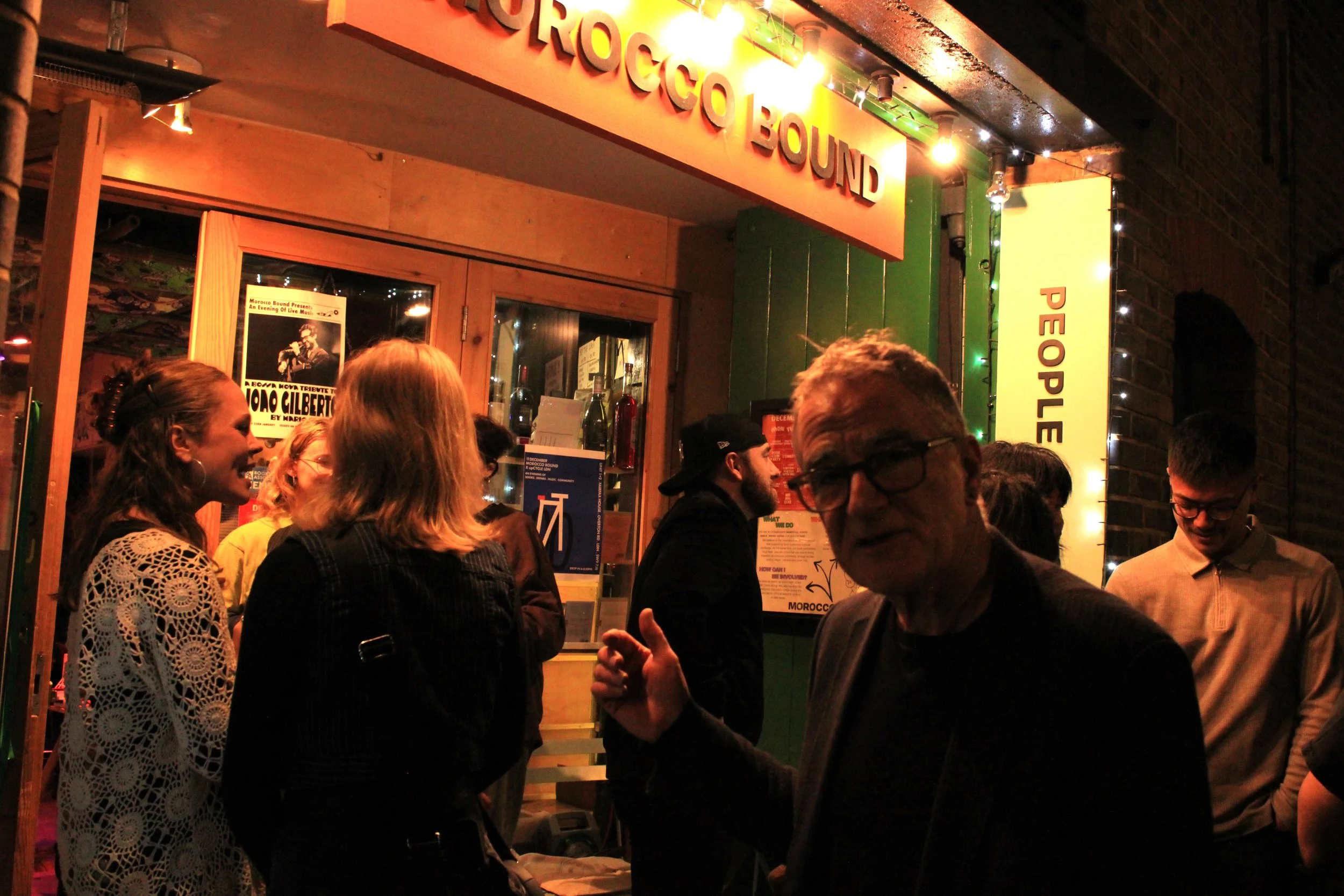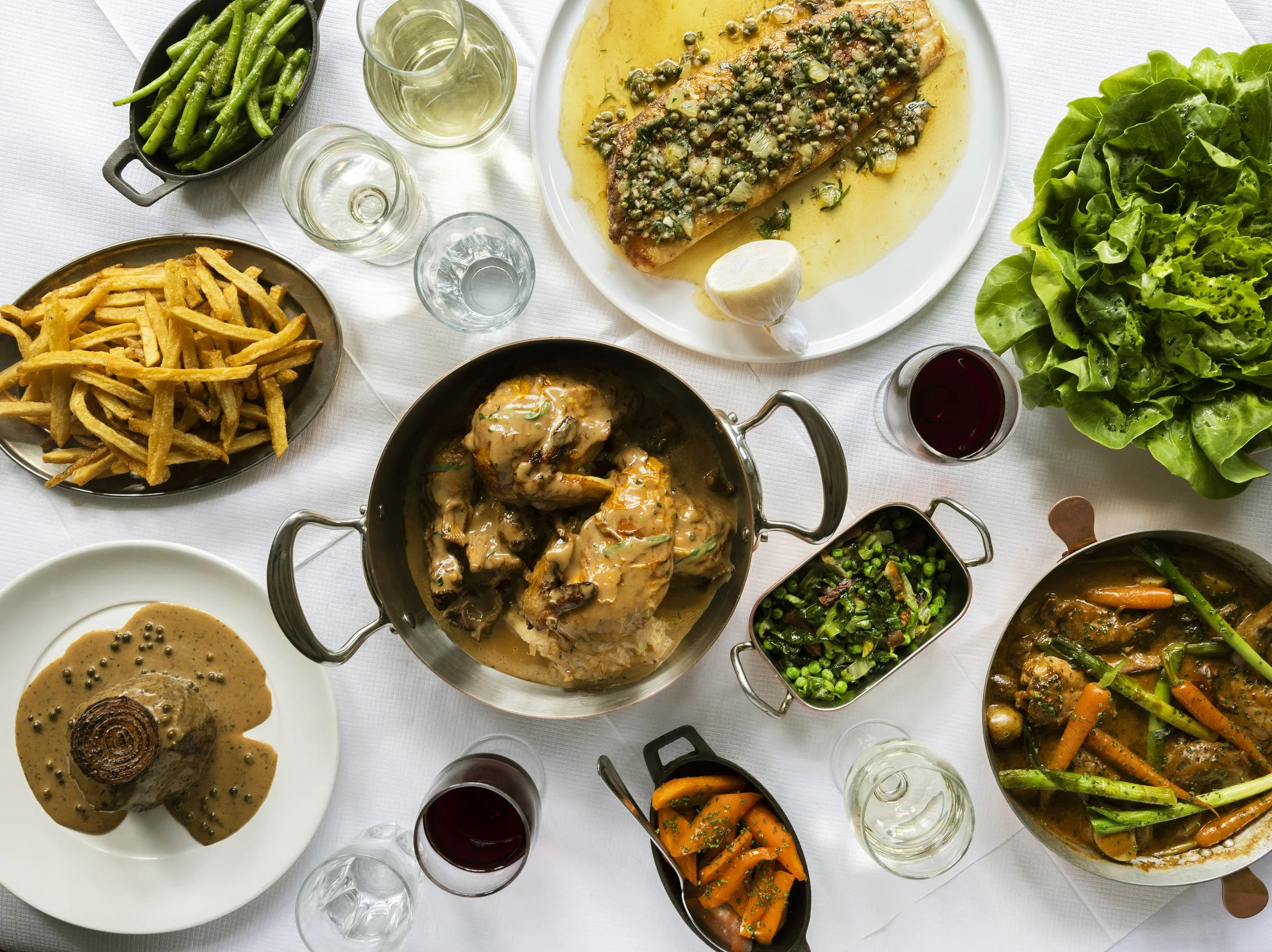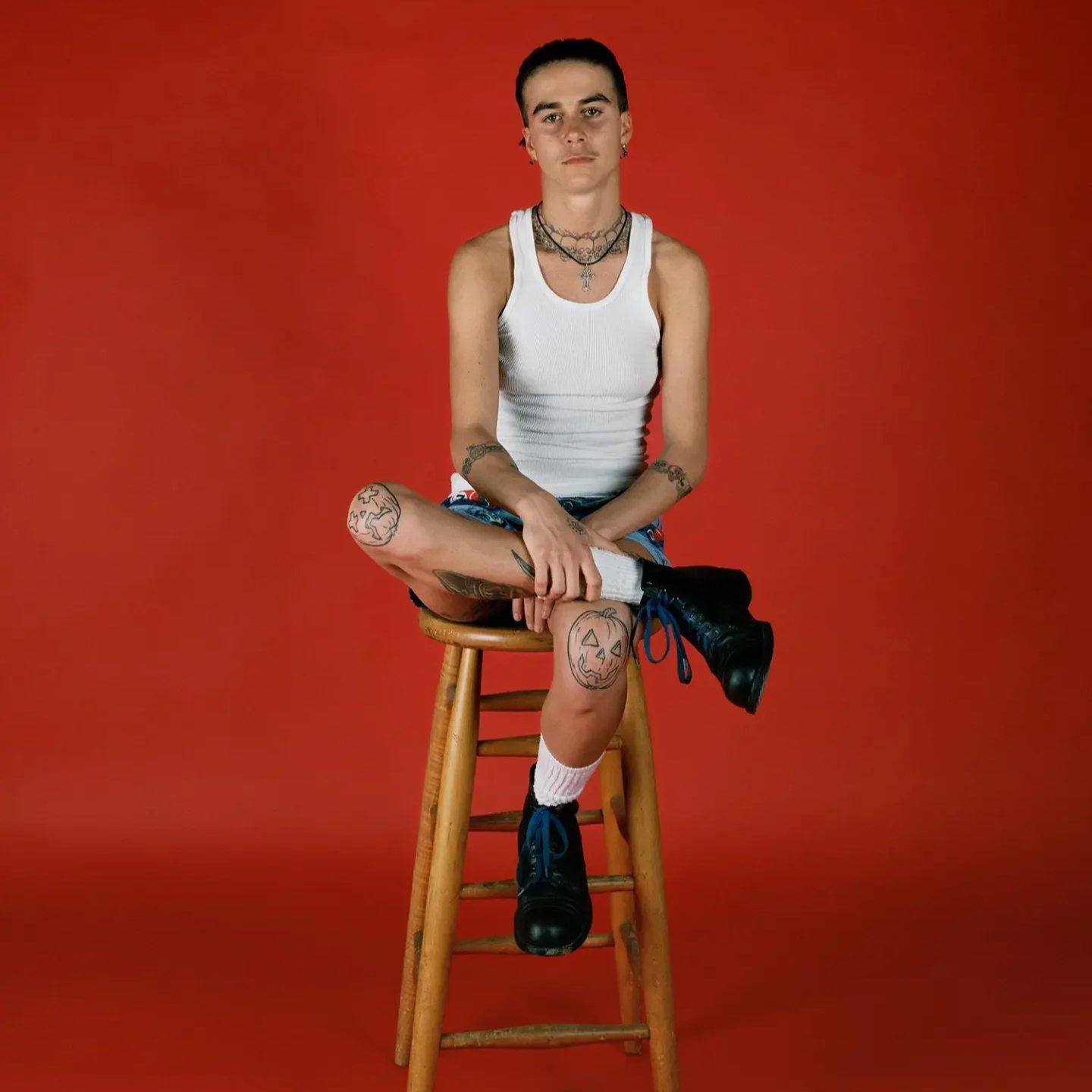Literature that has been important for the LGBTQ+ community
As a result of the lockdown and government measures only permitting six people to meet outside at one time, the LGBTQ+ community will be celebrating Pride Month in a different way to usual. Though many events have been cancelled or postponed, there are still ways to celebrate and find out more about the history of the community. One way to do so is by exploring some of the literature that has been impactful and has become part of the LGBTQ+ canon.
Image: Sharon McCutcheon
The Picture of Dorian Gray (1890) – Oscar Wilde
Wilde is a well-known figure within the LGBTQ+ community having been imprisoned for two years for engaging in homosexual acts which were outlawed in England until The Sexual Offences Act was passed in 1967. His only novel, The Picture of Dorian Gray, centres around Dorian, a man who believes that beauty and hedonistic pursuits are what life should be filled with, and his exploration of his own sensuality. His lifestyle and looks attract the attention of two gentlemen, Basil and Henry who are infatuated by him; the descriptions of their attraction to him have homosexual undertones which resulted in Wilde’s editors omitting some of the passages.
The Well of Loneliness (1928) – Radclyffe Hall
Written in the last 1920s, The Well of Loneliness was banned when it was first published under the Obscene Publications Act on the grounds it could corrupt those who read it. The novel follows Stephen Gordon, a woman from an aristocratic family whose lovers are women, leading to her isolation from society. Hall described that her purpose behind the book was to ‘put my pen at the service of some of the most misunderstood people in the world’. The book was finally released in 1949 and is still prominent in the LGBTQ+ canon.
Orlando: A Biography – Virginia Woolf
Woolf’s Orlando is often labelled as one of the most important feminist texts and is extensively studied for its depictions of gender. The novel follows Orlando, a man who changes sex and lives for centuries meeting historical figures including King Charles II and Alexander Pope. Based on the escapades of her long-term lover and friend, Vita Sackville-West, Woolf’s work was pioneering for its time, particularly in a country recently emerging from the repressive Victorian Era.
Oranges Are Not The Only Fruit – Jeanette Winterson
Raised in a deeply religious household, Jeanette struggles with the tension between her mother’s Pentecostal beliefs and her own sexuality. This semi-autobiographical novel was a winner of the Whitbread Award for a First Novel in 1985 and was later developed into a TV series. Oranges Are Not The Only Fruit now appears on the GCSE and A Level curriculum.
The Color Purple – Alice Walker
Walker’s Pulitzer winning epistolary novel follows the life of Celie, a young girl living in the Southern United States at the start of the 20th century. A victim of rape and abuse at the hands of her father, Celie is forced to marry a man referred to as ‘Mister’. Whilst living with her husband, Celie falls for Shug Avery, the mistress of Mister. This striking work of fiction deals with issues around sexuality and race making it a novel that seems more important than ever in the current climate.
Tipping The Velvet (1998) – Sarah Waters
Published in 1998, Waters’ debut novel is set in the 1890s. A coming-of-age novel, the story follows Nan Astley, a girl who falls madly in love with a male impersonator after seeing her in a travelling show. Although there is little recorded about lesbianism in the Victorian period, Waters imagines a world that was undoubtedly real, albeit operating in the shadows of society. The novel has since been adapted into a mini-series which was broadcasted in 2002.
Image: Jason Leung
A Little Life – Hanya Yanighara
A Little Life follows the lives of four college friends but mainly centres around the character of Jude. This devastating novel explores themes of sexual abuse, self-harm and disability. Though not overtly a novel about homosexuality, the novel does address the theme through several relationships ranging from ones full of love and joy to others containing abuse and trauma.
Girl, Woman, Other – Bernadine Evaristo
Joint winner of the Booker Prize in 2019, Evaristo’s novel is likely to become a major part of the canon of gay literature. Exploring the themes of race, class, sexuality, gender and much more, Evaristo’s novel explores the lives of fourteen different characters who are loosely intertwined. There is no overarching plot as such which gives the author the opportunity to explore her character’s relationship to these themes.
Although many of London’s bookstores are currently closed, you can still order these books from your favourite sellers online. We recommend London Review Bookshop, Daunt Books and Gay’s the Word.
Let us know your favourite LGBTQ+ literature on our social media channels!
Words by Emma Chadwick












